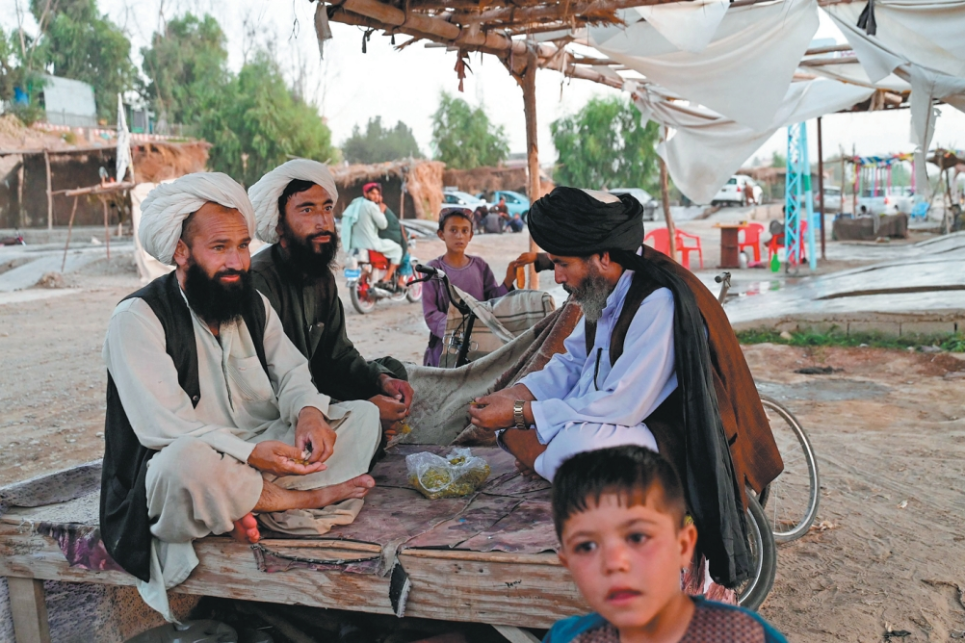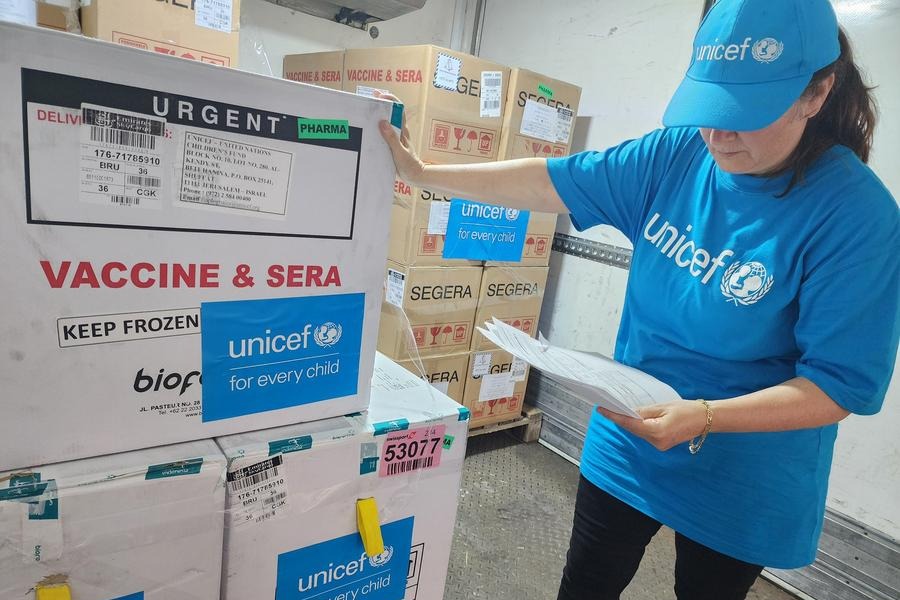'City of Film' set to drive Thai soft power strategy


In a significant move to bolster Thailand's creative economy, authorities are focusing on developing coastal city Pattaya into a film industry hub as part of the country's soft power strategy.
"Pattaya is not only well known as a tourism city, but also holds strong potential to become Thailand's 'City of Film', taking the center stage in the film and creative industries," said Arunya Keatkeaw, deputy director-general of The Government Public Relations Department.
At the Pattaya Film Festival, which began on Wednesday, she highlighted Pattaya's growing role in the national economy and its contribution in promoting Thai films internationally, aiming to boost the country's global soft power and creative industries.
Earlier this year, the Thai government introduced the "Ignite Thailand" development plan, which prioritizes soft power across 11 sectors, including sports, tourism and film. Soft power is seen as a way to enhance the country's economy and tourism through culture.
As a crucial part in film industry, Pattaya is set to be developed into a "City of Film" and a location for film shooting. The Pattaya Film Festival aims to bring films of diverse sensibilities to audiences for free and includes a film competition, workshops and seminars.
Siwat Bunkerd, deputy permanent secretary of Pattaya, said on Thursday the city aims to become a member of the UNESCO Creative Cities Network in the field of film.
"Under the plan, the city will be a one-stop service center for film and creative industries. In addition, a theme park covering 640,000 square meters will be built to accommodate film industry," he said, adding that some educational institutes will also provide relevant curricula and training.
Thailand, recognized as one of the world's investment hubs for filmmaking, earned more than 6.6 billion baht ($192 million) from foreign filmmaking last year, the Thailand Film Office said.
To enhance films that promote Thailand's soft power, the Ministry of Culture has allocated a 30 million baht ($870,000) subsidy for each film or animation film project.
"We believe that the development of Thailand as a center for filmmaking will also help promote other related industries, generate more employment and income and distribute wealth across regional areas," said Panidapa Suankaew, chief of the film business promotion section of Thailand Film Office.
Major target market
Nuanvan Daraswasdi, an expert in policy and strategy from the Ministry of Culture, said: "China is our major target market. We realized the fact when we participated in a major film festival in China years ago and surprisingly found that Chinese audiences are very interested in Thai films and TV dramas."
Chalermchatri Yukol, president of the Film and Series Subcommittee of the National Soft Power Strategy Committee, highlighted the strong connections between Thailand and China, including blood ties, friendship and fruitful collaboration in the film industry.
Apart from film production and investment, many education institutes offering film courses have Chinese sponsorship, he said. "Almost all the high-quality and affordable film equipment is made in China, which contributes a lot to a better future of our domestic film industry."
Shared blood ties foster the same empathy between audiences in both countries, he said. "We are also discussing with Chinese authorities, hoping to introduce more Thai films to Chinese audiences."

































